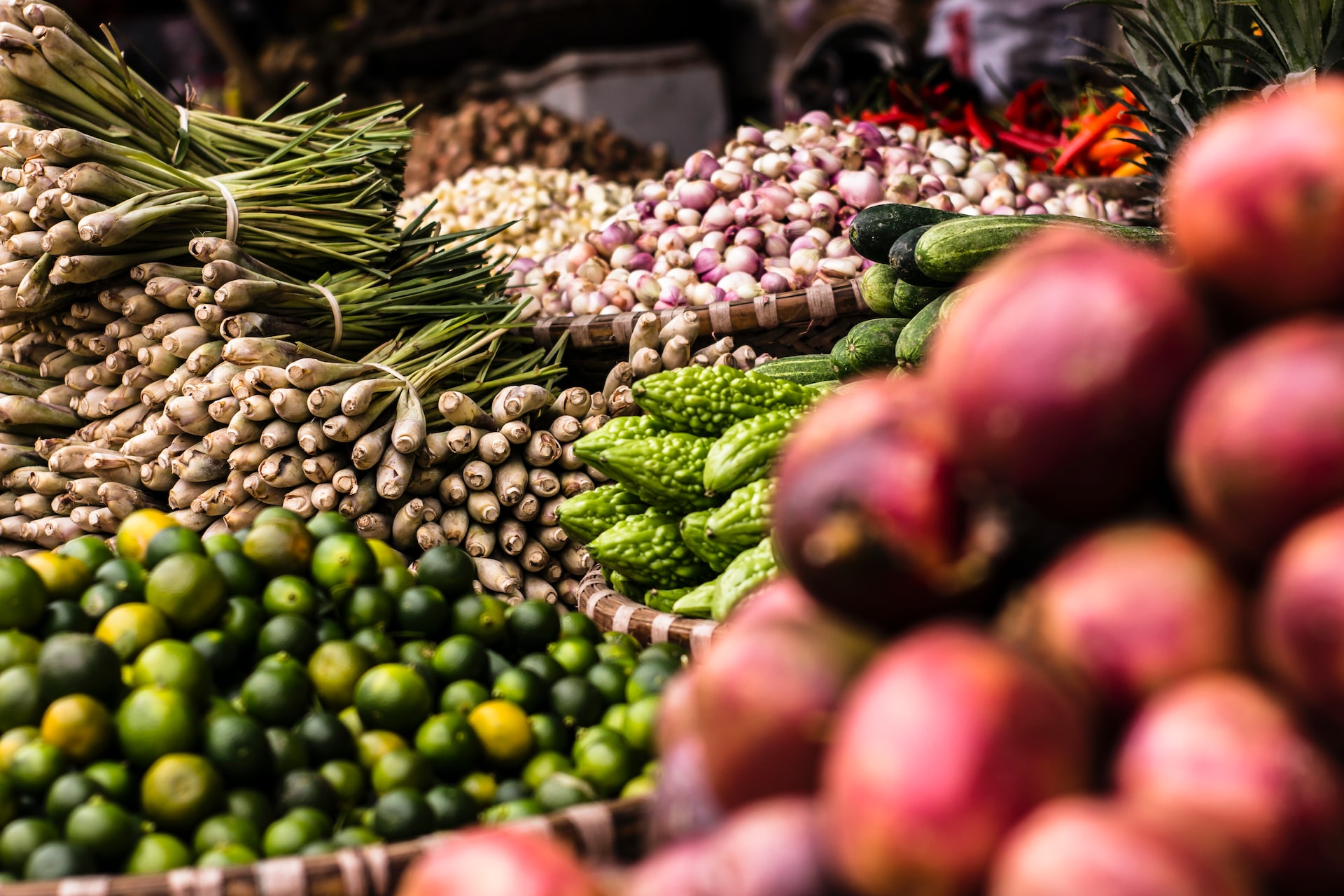The Issue
Approximately 40% of the food generated in the U.S. each year goes uneaten. Most of this food waste ends up in landfills, where it breaks down to produce methane, a climate-damaging gas. In fact, landfills are the third-largest source of methane emissions globally.
All this food waste has social and economic impacts as well. One in seven Americans, many of which are children, are food insecure, meaning they have limited or uncertain access to adequate food. Throwing food away doesn’t just deprive those in need. All the water, labor, fertilizer, and energy we use to produce and transport the food is lost the second we throw it in the trash.
The Model Bill
This model legislation aims to reduce food waste, address food insecurity, and cultivate food waste recycling infrastructure, like composting and anaerobic digestion.
Here’s how it works. The bill slowly bans the disposal of food waste in landfills and incinerators. Instead, businesses, institutions, and eventually residents and households, will have to find alternative, more sustainable avenues for managing the food waste they create. This includes reducing food waste, donating excess edible food to hunger relief organizations like food banks, using food waste for animal feed, or recycling it through composting or anerobic digestion.
The ban will be phased in over a period of several years. The ban will first apply to large generators of food waste like grocery stores, universities, and hospitals, before becoming more widely applicable to smaller businesses. Eventually, the ban will apply to individuals and households as well. This phased-in approach will help transition the state away from disposal toward food waste recycling. It also will provide time for the development of the hauling, composting, and anerobic digestion infrastructure necessary to responsibly and sustainable manage the food waste that is no longer eligible for disposal.
This model legislation is designed to be a comprehensive food waste prevention and recycling policy that can be implemented in any state. The bill does the following:
- Phases out food waste from landfills and incinerators.
- Requires source separation to keep the food waste recycling stream free of contamination.
- Carves out a limited and specific role for depackager facilities.
- Bans sewage sludge and sludge-derived compost and digestate from being used as a fertilizer.
- Requires robust reporting to empower the state environmental department to fine tune the system and monitor compliance.
- Emphasizes education and outreach to inform residents and businesses about how to reduce and responsible manage food waste.
Progressing Toward a Zero Waste Future
With food waste prevention and recycling laws, we can make food waste a thing of the past. That means no more sending valuable organic material to landfills and incinerators. Instead, edible food will be donated to food banks to help feed those in need. Inedible food will be composted or anaerobically digested to create healthy fertilizers that will enrich and replenish our soil. Download our model bill today and contact your state representative about introducing the bill this legislative session.
